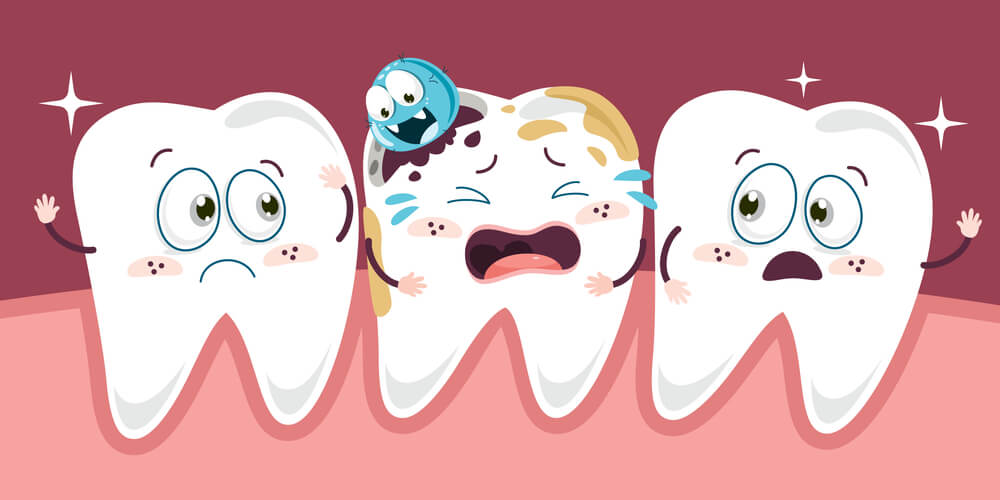
The susceptibility to tooth decay, a common dental issue, has long been attributed to factors such as oral hygiene and dietary habits. However, emerging research is shedding light on the role of genetics in the development of cavities, unraveling a complex interplay between genetic factors and environmental influences.
The enamel, the outer layer of the tooth, acts as a protective shield against decay. Genetic variations can influence the development and mineralization of enamel. Individuals with certain genetic predispositions may have enamel that is more prone to demineralization, making them more susceptible to cavities even with diligent oral care.
Saliva plays a crucial role in maintaining oral health by neutralizing acids and promoting remineralization. Genetic factors can influence the composition of saliva, affecting its ability to protect against cavity formation. Variations in saliva production, pH levels, and the presence of specific enzymes are linked to genetic influences.
The body’s immune response to oral bacteria is governed by genetic factors. Some individuals may have a heightened immune response that effectively combats harmful bacteria, reducing the risk of cavities. Conversely, genetic variations can result in a compromised immune response, making individuals more susceptible to bacterial colonization and decay.
Genetic factors can also impact the body’s metabolism of sugars, influencing the availability of nutrients for oral bacteria. Individuals with certain genetic variations may be more prone to sugar metabolism patterns that contribute to the formation of acid-producing bacteria, creating an environment conducive to cavity development.
Research suggests that the oral microbiome, the diverse community of microorganisms in the mouth, may be influenced by genetic factors. The composition of the oral microbiome can impact the balance between beneficial and harmful bacteria, influencing the risk of cavities. Individuals may inherit a microbiome that either promotes or hinders oral health.